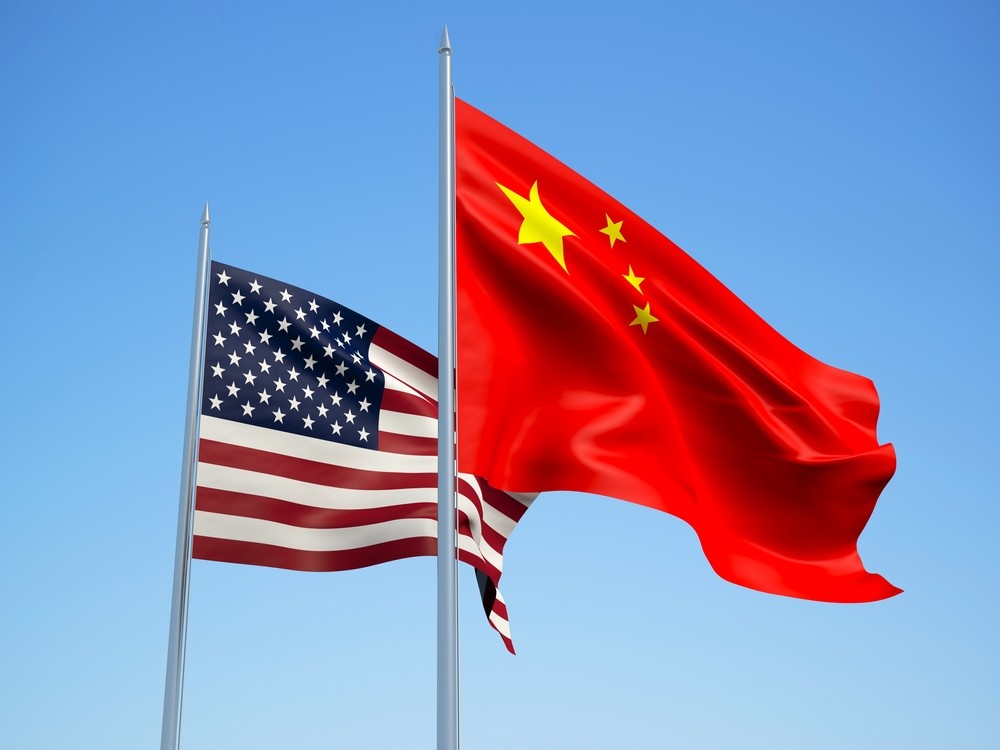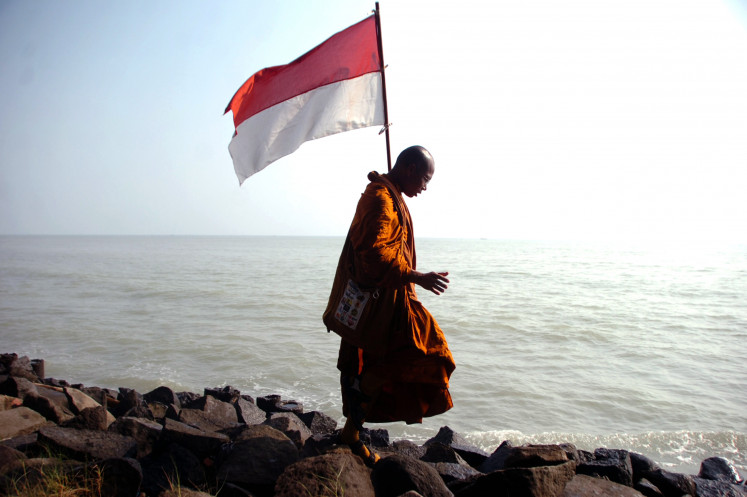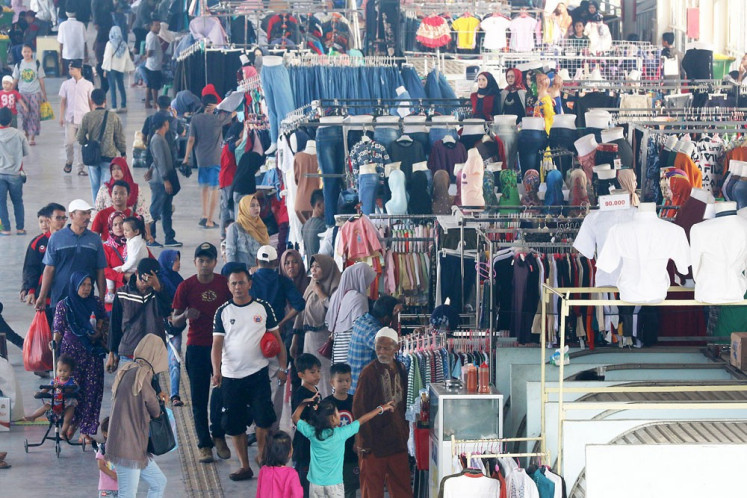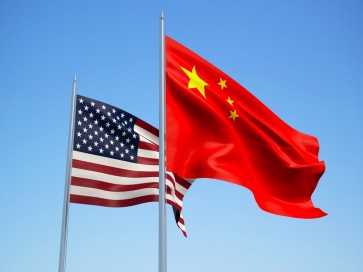The brewing economic crisis
Countries around the world are increasingly resorting to protectionist measures.
Change text size
Gift Premium Articles
to Anyone
 There is a likelihood that the trade war between two of the world’s biggest economies — China and the United States — may blow out of proportion. (Shutterstock/-)
There is a likelihood that the trade war between two of the world’s biggest economies — China and the United States — may blow out of proportion. (Shutterstock/-)
W
e are seeing interesting times. There is a likelihood that the trade war between two of the world’s biggest economies — China and the United States — may blow out of proportion, and another economic downturn may be in the offing.
During an economic crisis, consumers spend less and investors do not invest (or postpone their investments). There is a general sense of pessimism about the prospects of future earnings, leading to higher unemployment and lower productivity.
The previous economic crisis of 2008 did not last very long (in comparison to the Great Depression of 1929), thanks to the coordinated efforts of central bankers in Europe and in the US. Quantitative easing helped stave off consumer pessimism.
China also played a constructive role by controlling its foreign exchange reserve. In 2015-2016, rather than spending its foreign exchange reserves on other economies, China made sure that the precious dollar was spent at home. Taxes were slashed on consumer durables such as cars.

















